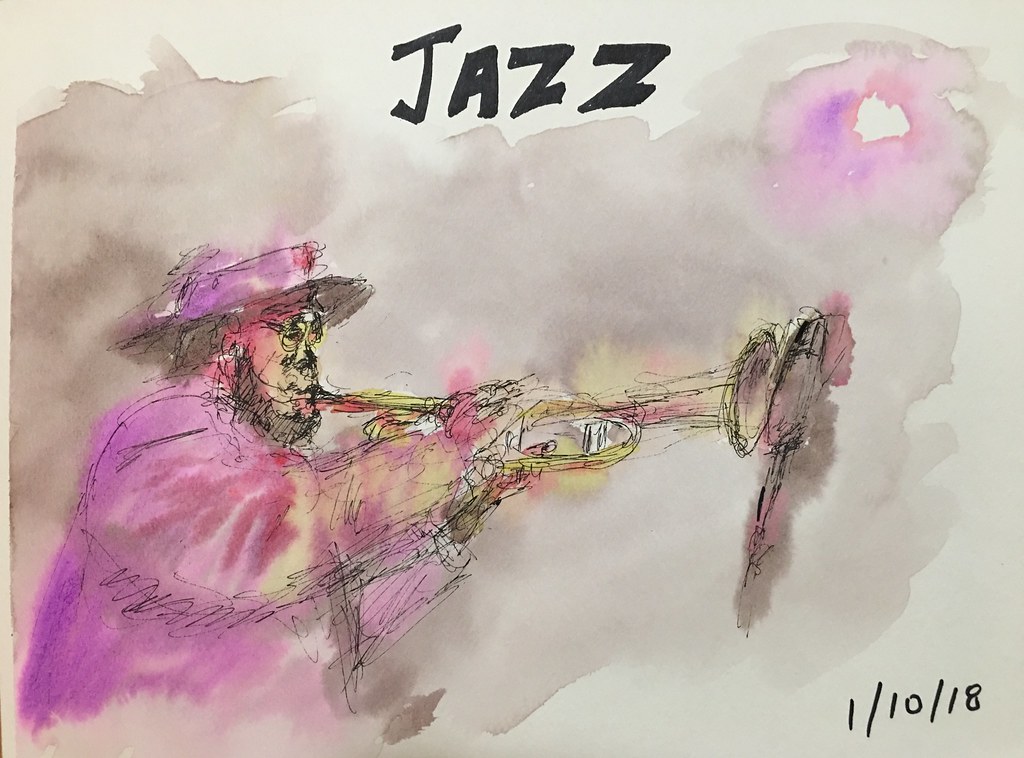Greetings from the University of New Hampshire! I'm back in the States, at least in body. One more week to our winter break, and then we start spring semester. I'm really excited because I get to teach a new course - Finance II - which is an introduction to financial management, and even more excited that I get a second whack at teaching organizational behavior, which I intend to do using open pedagogy again. Open Ped is a bit like jazz - it's an act of teaching improvisation. I think it suits me. And I think it provides a level of realism, particularly in the field of management that is valuable. I received notice that my open pedagogy paper will be published in an upcoming issue of the Journal of Health Administration Education. I'll put a link up when it comes out.
Read
What: McKinsey Quarterly, What AI can and can’t do (yet) for your business
https://www.mckinsey.com/business-functions/mckinsey-analytics/our-insights/what-ai-can-and-cant-do-yet-for-your-business
Why: I am convinced AI is going to transform healthcare in the same way as antibiotics did nearly a century ago. I think it will be a revolution in value-based care as the technology allows us to increase accuracy of diagnosis, but more importantly allows us to establish predictive models. When that will happen is still in question, but I think it is inevitable. This article is structured around the challenges to AI, so it gives some realism (in understandable English, not techno-babble) to the prediction. It is worth 10 minutes.
Watch
What: TED Ed, Why incompetent people think they're amazing (5 minutes)
https://youtu.be/pOLmD_WVY-E
Why: The video does a nice job explaining the "Dunning-Kruger" effect - e.g., why 88% of American adults think they are above average drivers. "Poor performers lack the expertise necessary to recognize how badly they are doing." Some good hints to fix this error - ask for feedback, keep learning.
Listen
What: CATO Institutes, Sally Satel discusses obstacles to organ donation and donor compensation (7 minutes)
https://www.cato.org/multimedia/cato-audio/sally-satel-discusses-obstacles-organ-donation-donor-compensation
Why: Should altruism be the only legitimate motivation for organ donation? I have some emotional difficulty with the idea of a free market in organs, but it seems something is broken in the market for organs - altruism just isn't sufficient. We're still a ways from 3D printing functioning kidneys, though that is on the way. This short podcast presents a few options short of direct cash payment. What do you think?

No comments:
Post a Comment